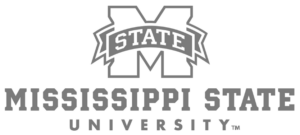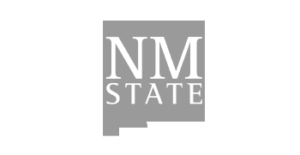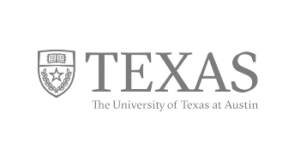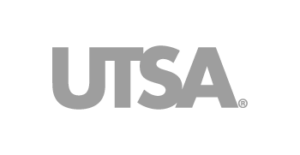Dr. Ann Majewicz Fey, an associate professor in the Walker Department of Mechanical Engineering at the University of Texas at Austin and the Department of Surgery and Perioperative Care at Dell Medical School, alongside her graduate student, Yi Zheng, and TEXVMS mentor Brian Roth, have been chosen to participate in the highly competitive National Science Foundation (NSF) National I-Corps program. This prestigious program offers researchers the opportunity to explore the commercial potential of their cutting-edge technologies.

Yi Zheng
Dr. Fey’s outstanding work in the field of surgical robotics has earned her a prestigious NSF CAREER award on Human-Centric Control for Teleoperated Surgical Robots, highlighting her groundbreaking research in modeling surgical performance and providing adaptive, intuitive feedback to surgeons and surgical trainees to improve their performance. Now, with their acceptance into the NSF National I-Corps program, the team is poised to take their research to the next level.
The team’s focus is on developing a wearable device designed to assess and enhance users’ performance in robotic surgeries. This technology represents a significant advancement in surgery, aiming to address challenges in surgeon training and improve patient outcomes through a wearable system. By incorporating state-of-the-art technologies like machine learning and haptics, the device provides real-time feedback and guidance to surgeons, reducing barriers in skill acquisition and promoting safer, smoother, surgical techniques.
Dr. Fey expressed her excitement about participating in the I-Corps program, saying, “We are thrilled to be participating in the NSF National I-Corps program. It’s hard work, but this is a wonderful opportunity to explore the commercial applications of our research, as well as understand how we can better serve our potential customers and stakeholders. We are singularly focused on improving surgical training outcomes and ultimately improving patient safety and well-being during surgery. I-Corps is allowing us to take this next step to ensure that when we are ready to launch, we can deliver the highest quality product to our surgeons and trainees.”

Brian Roth
Beyond its immediate applications in improving surgical proficiency, Dr. Majewicz Fey’s research also has broader impacts in advancing human-robot interaction research and understanding of how machine learning and haptics can enhance complex human motor performance. Beyond surgery, this work could one day impact rehabilitation or sports coaching.
The team is actively seeking feedback from surgeons, surgical residents and fellows, and other stakeholders (e.g., experts in healthcare quality improvement and even former and current surgery patients!) to further refine and optimize their technology for market. Those interested in contributing to the team’s customer discovery process can reach out to Dr. Fey at ann.majewiczfey@utexas.edu.
The core technology, developed by Dr. Ann Majewicz-Fey’s lab, utilizes human-centered, data-driven models to analyze surgical motions and skills during robotic surgery and training. Leveraging machine learning, deep learning, and mathematical methods, the technology provides real-time feedback and guidance, setting it apart from existing solutions.
The potential commercial impact of packaging this technology as a wearable device is substantial, given the projected growth of the surgical robot market. With an aging population and advancements in technology driving demand, the market is expected to reach $16.5 billion by 2030. In addition, wearable technology could open the door to real-time analysis of other types of surgery such as laparoscopic or open. This project addresses a pressing need for safer surgery and more efficient training of surgeons, particularly when considering the increasing shortage of qualified surgeons in both rural and rapidly growing urban settings.
The team’s participation in the NSF National I-Corps program is a significant milestone, bringing them closer to making surgical robotics more accessible and safer for patients worldwide.
Learn more about the NSF I-Corps program and apply for the next cohort online. It only takes 5 minutes to apply and it is free. For more information and to learn more about the NSF I-Corps program, contact Weston Waldo.








